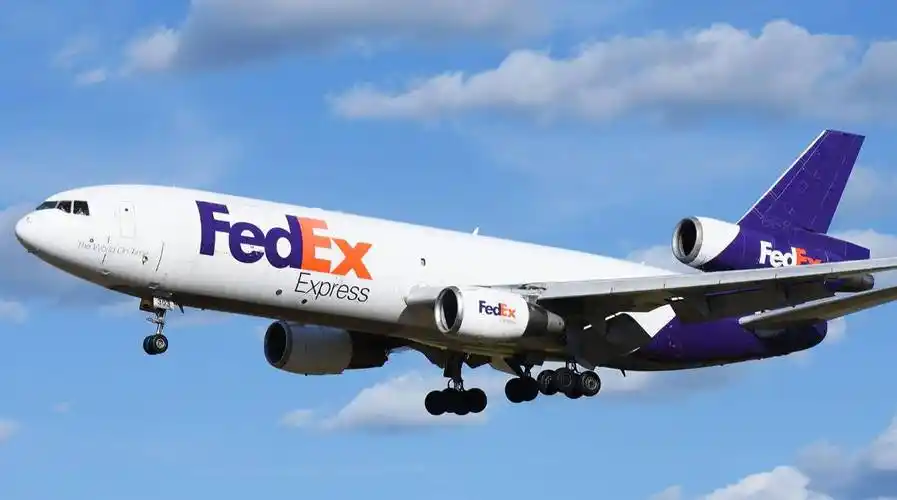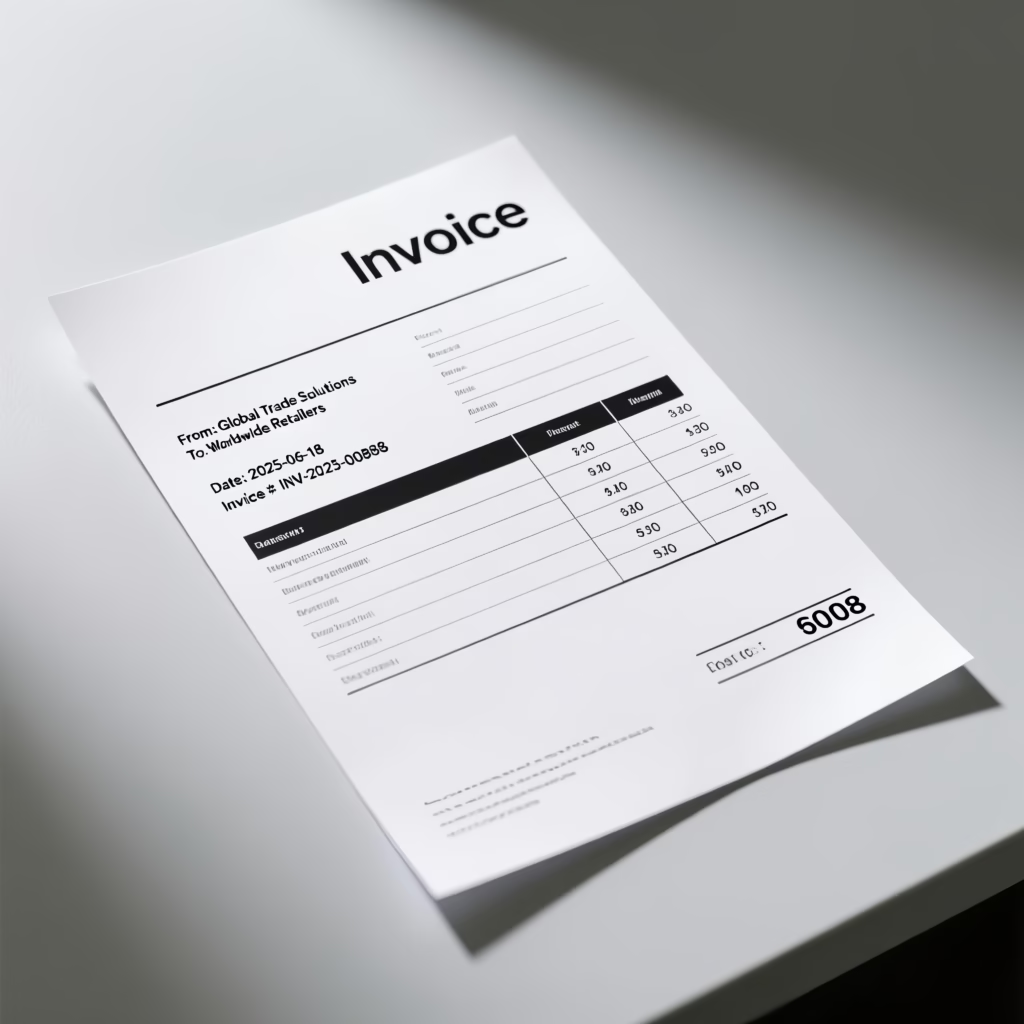DHL vs FedEx: A Comprehensive Comparison for Global Shipping
In the competitive landscape of international logistics, DHL and FedEx stand as two dominant players, each offering distinct advantages tailored to diverse shipping needs. This article delves into their core differences across global coverage, speed, pricing, reliability, and specialized services to help businesses and individuals make informed decisions.
DHL vs FedEx
1. Global Coverage & Network Efficiency
DHL boasts the most extensive international network, serving over 220 countries and territories. Its dominance is particularly evident in Europe, Africa, and the Middle East, where its decades-long presence ensures streamlined customs clearance and localized expertise. For example, shipments from China to Europe often arrive within 3-5 business days due to dedicated regional hubs and optimized flight routes.
FedEx, while slightly narrower in scope (200+ countries), excels in North America and Southeast Asia. Its U.S.-centric infrastructure guarantees rapid domestic deliveries (1-2 business days) and competitive transit times for intra-Asia routes. FedEx’s strategic acquisition of TNT Express further strengthened its European ground network, though air freight efficiency still lags behind DHL in transcontinental lanes.
2. Speed & Delivery Reliability
DHL consistently outperforms FedEx in international express shipping speed. For time-sensitive shipments (e.g., documents or high-value goods), DHL’s average delivery time is 1-2 days for major routes like Asia-Europe or Asia-North America. Its proprietary air fleet minimizes reliance on commercial airlines, reducing delays during peak seasons. Notably, DHL achieves a 97% on-time delivery rate for cross-border shipments, attributed to fewer handoffs and real-time tracking systems.
FedEx shines in North American domestic logistics, with next-day delivery guarantees for U.S. addresses. Internationally, its average transit time is 2-3 days, slightly slower than DHL, but it compensates with flexible options like FedEx International Connect Plus (a budget-friendly tier with 3-5 day delivery). However, FedEx’s on-time performance dips to 94% for global shipments, partly due to reliance on third-party carriers for remote destinations.
3. Pricing & Cost Transparency
FedEx generally offers lower base rates, especially for U.S.-inbound and intra-Asia routes. Small businesses favor FedEx’s predictable pricing models and volume-based discounts (6–20% off standard rates). For example, a 5kg package from China to the U.S. costs approximately 60%–75% with FedEx, compared to DHL’s 70%–85%.
DHL, while pricier upfront, provides greater transparency for complex shipments. Its surcharges (e.g., remote area fees) are clearly itemized, whereas FedEx’s calculations can be opaque. During peak seasons (September–January), DHL imposes steep fuel surcharges (e.g., +¥15–18/kg for China-Europe/Americas routes), whereas FedEx’s seasonal fees are less punitive but vary widely by destination.
4. Specialized Services & Flexibility
DHL caters to niche logistics demands:
- Door-to-Airport Services: Ideal for recipients in customs-complex regions.
- E-commerce Solutions: Integrated warehousing and last-mile delivery in partnership with platforms like Amazon and eBay.
- Sensitive Cargo Handling: Expertise in shipping electronics, perishables, and limited-quantity.
FedEx focuses on trade-friendly solutions:
- Customs Brokerage: Streamlined documentation and duty calculators for global trade.
- Economy Ground Shipping: Cost-effective for non-urgent bulk shipments (e.g., 150-lb pallets to Canada/Mexico).
- Weekend Deliveries: Unique to FedEx in markets like the U.S. and Singapore.
5. Customer Support & Risk Management
Both companies invest heavily in 24/7 multilingual support, but DHL edges ahead with higher satisfaction rates (97% vs. FedEx’s 95%). DHL’s regional offices resolve issues faster, particularly for lost/damaged claims in developing markets. FedEx’s tracking system, however, is more user-friendly, offering granular updates via its mobile app.
how late does dhl deliver
1. Standard Delivery Hours
- DHL Express typically delivers Monday to Friday during standard business hours (e.g., 8:00 AM to 8:00 PM local time), with exact cutoff times depending on the destination and local operational constraints.
- For precise tracking and adjustments, customers can use the MyDHL+ platform to modify delivery preferences or reroute packages.
2. Weekend Deliveries
- In the U.S., DHL generally does not deliver on Saturdays or Sundays unless specifically requested for expedited services.
- In select international markets, weekend deliveries may be available through prior arrangements or premium service tiers.
3. Flexible Delivery Options
- Non-standard delivery requests:
- Authorize DHL to leave shipments in a safe place, with a neighbor, or at an alternate address.
- Opt for Service Point pickup (e.g., DHL lockers or partner stores) for after-hours collection.
- Customizable timelines: Use DHL’s Optional Services to schedule deliveries for specific weekdays or time windows (subject to availability).
4. Same-Day or Time-Sensitive Shipments
- Cutoff times for same-day or priority services are typically early afternoon (e.g., 3:00 PM local time) on weekdays, though this varies by region.
- Urgent shipments may require additional fees and advance coordination with DHL.
Recommendations for Real-Time Information
- Track shipments or verify delivery windows via MyDHL+.
- Contact DHL’s customer support for location-specific cutoff times or exceptions.
When to Choose DHL
✅ High-value or time-critical shipments to Europe/Africa/Middle East.
✅ Complex customs environments requiring hands-on assistance.
✅ Sensitive or regulated goods (e.g., batteries, pharmaceuticals).
When to Choose FedEx
✅ Cost-sensitive U.S./North America-bound shipments.
✅ E-commerce businesses needing integrated logistics and tax solutions.
✅ Non-urgent bulk deliveries with flexible timelines.
DHL and FedEx each carve out unique strengths: DHL’s unparalleled global reach and speed make it the go-to for urgent, high-stakes deliveries, while FedEx’s affordability and domestic prowess cater to price-conscious shippers. Businesses operating across multiple regions may benefit from leveraging both carriers strategically—using DHL for transcontinental priority shipments and FedEx for North American cost efficiency. Ultimately, the choice hinges on balancing destination, budget, and cargo specificity.
Langxu Freight is one of the more famous freight forwarding companies in China.If you need to purchase any goods in China, or are ready to start an e-commerce business/dropshipping business, let us give you the greatest help. If you need to purchase goods in China, we can provide you with comprehensive freight forwarding services, including quality supplier selection, product quality inspection, free warehousing in China, customs declaration, a variety of reliable and safe transportation plans, and on-time delivery services.
we can purchase goods for you in china and provide free warehousing services, door to door delivery to your address.
Enjoy free storage, consolidation & repacking at our China Warehouse before shipping internationally.
ensures your international shipping costs are minimized too by offering you shipping rates that are up to 70% lower than retail shipping rates. As a professional China-based freight forwarding service, we can offer you such preferential shipping rates due to our high shipping volumes and established relationships with air courier partners.
Amazon Launches “Haul” to Sell Low-Priced Items to Compete with Temu, Shein
Below is a deeper look at what Haul is, how it works, why Amazon is…
Amazon Logistics Models: A Comprehensive Guide to FBA, FBM, and Third-Party Fulfillment
In the dynamic landscape of e-commerce, logistics plays a pivotal role in determining the success…
A Comprehensive Guide to Commercial Invoices (CI) in Cross-Border Logistics
Discover the essential elements of commercial invoices in cross-border logistics. Our comprehensive guide simplifies the…





